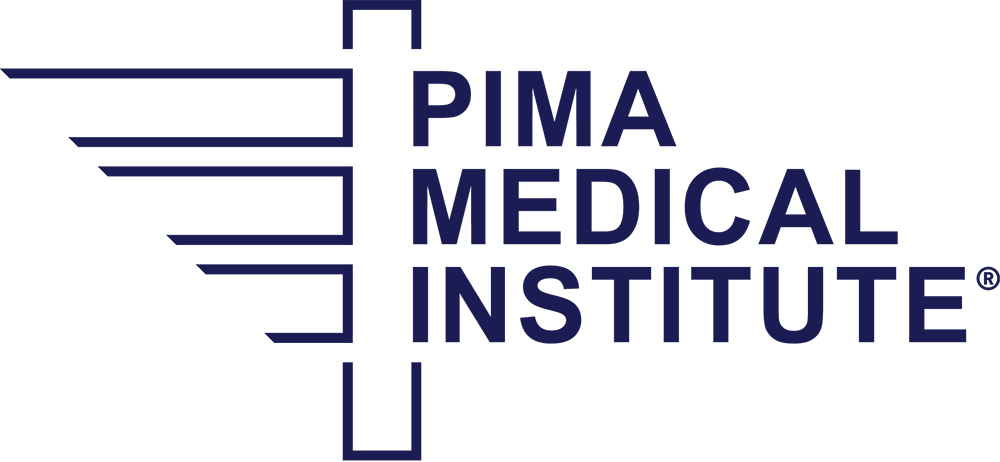I hear one comment over and over again from employers who are trying to hire one of my students: “Susan, I can teach them the medical skills needed, but I cannot teach them how to be a professional and how to have a good attitude.”
Overwhelmingly, hiring managers’ main concern revolves around professionalism or something we refer to as soft skills. What I have found in my time working as a Career Service Advisor is that many people joining the workforce today either do not have soft skills or do not understand the importance and influence soft skills will have on their employment opportunities.
What are soft skills?
Verbal communication, interpersonal skills, professionalism, integrity and teamwork are all examples of soft skill characteristics that have become crucial to employers who are trying to find the right person for the job. Soft skills improve the way we interact with our coworkers, bosses and patients. They influence how we feel about our jobs and how we are perceived by others.
The importance of soft skills in healthcare
In healthcare the importance of these skills is especially significant because as healthcare professionals we often convey our physician’s recommendations to their patients, and if we are unable to communicate in a professional and inspiring way, patients may not listen to us or follow our directions, and that can have a negative impact on their health.
It is a common misconception that soft skills are inherited. This is true to an extent; however, they can also be developed through determination, constructive criticism and encouragement. Every interaction you have with people is an opportunity to practice and improve your soft skills.
How to Develop Soft Skills:
- Spend some time getting to know yourself and how you interact with others. If you can observe what motivates, upsets, frustrates, and inspires you in an objective way, you will be in a better positon to regulate your emotions while taking into consideration other people’s perspective. Do people see you as a confident person? Do they think of you as a team player that can get things done?
- Determine your social and professional communication style. Take inventory of how you present yourself through body language, appearance and attitude. Active listening, emotional empathy and strong interpersonal skills are important factors in developing your soft skills. They allow you to easily converse with people so that you can build strong relationships and network.
- Understand your self-management behaviors and how you react in different situations.
- Become aware of what needs some attention. Find a mentor that will share ideas with you about where you can make changes in your soft skills. Take a writing or public speaking course to improve your communication, networking and negotiation skills.
- Practice what is already working for you when you’re communicating with others.
Employers want to hire candidates who can appropriately communicate and interact with people, problem solve and are adaptable to the constant changes that occur.
There is no denying how important soft skills are to businesses looking for meaningful ways to maintain their competitive edge. Employing a staff with strong soft skills is essential for both personal and organizational success. Developing your soft skills will make you a more desirable candidate when you’re looking for a job and a more valued employee once you get the job.




